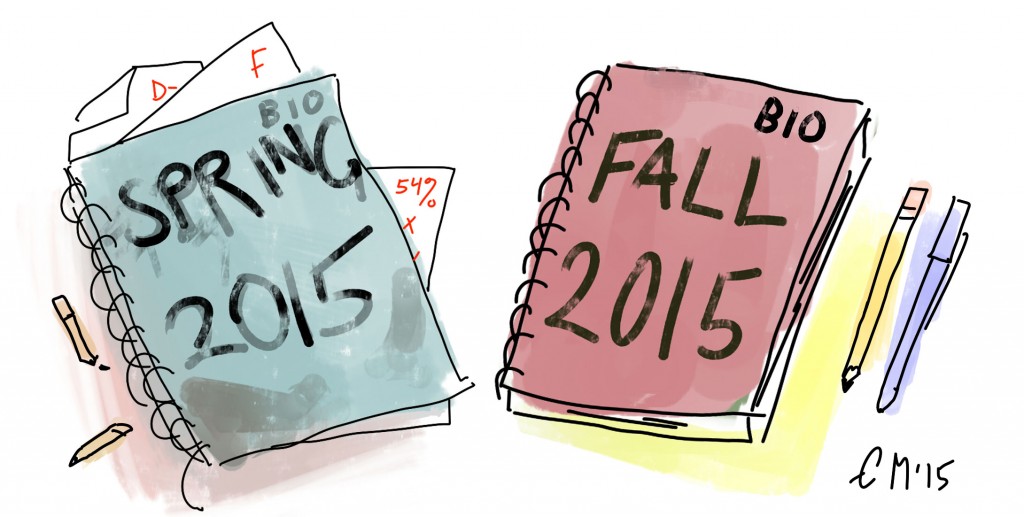The Student Association (SA) Congress approved a proposal on Monday night calling for a University-wide change of course-retaking regulations.
Currently, any student in Harpur College, Watson School of Engineering and the College of Community and Public Affairs (CCPA) can only retake a course if they have previously failed it, and will receive an average of the two grades. For students in the School of Management (SOM) and the Decker School of Nursing, retaking a course is an option, regardless of whether they failed the first time around. They will also receive an average of the two grades.
The proposal calls for the University to allow students students in every school to retake a course, and have their new grade replace the previous grade. It stipulates that students will only be able to retake a maximum of three courses, and that they will be given last priority when registering to retake a class.
The reasoning, according to the document, is that this policy change will allow students to improve their GPA, position themselves better for graduate school applications and inevitably increase overall University prestige.
Change can be good, and in this case these grading policies are in obvious need of a streamlined, University-wide update. However, the Pipe Dream Editorial Board has mixed feelings about this specific proposed idea.
Giving a student the opportunity to average two class grades regardless of failure is fair. Grade replacement, however, is excessive. While there are definitely extreme cases where a students’ performance may be out of their hands, in most cases we should all be held accountable for our academic performance. Wiping the slate completely clean provides an unnecessary cushion for those who may have been slacking off, and also discourages students who may have a rocky start from applying themselves in the second half of the semester.
Additionally, we fear that grade replacement may give an unfair advantage to those students who are more financially stable than others. Not everyone can afford to spend extra time repeating classes and extra money on additional credits or tuition. Many students have jobs in addition to schoolwork, and may have struggled in a class because of a lack of study-time. These students may not have time to even consider retaking a class after a first round of difficulty. It would be unfair for more fortunate students to graduate with better GPAs simply because they have the time and money to redo a poor performance. This increases disparities, instead of leveling the playing field.
Still, it’s not all bad. The three-class limit is a constructive request. This places a check on the student body, and makes sure that the opportunity for poor-performance redemption is not abused. Students won’t rely on retaking a course as a crutch as much as they will utilize it in situations where they really, truly and unavoidably screwed up.
Giving retakes final priority in registration is also a positive addition. While the opportunity for a second chance is possible, newcomers to the class get first dibs. We have some faith in the petition system, and believe that extenuating circumstances will be acknowledged and honored.
Congress’ vote for the policy is step in the right direction. It needs an update, but we are encouraged by the promise of change.



